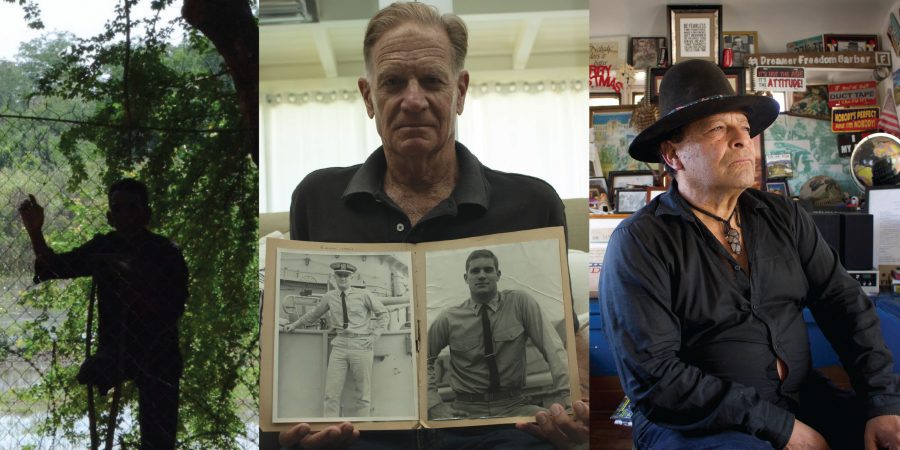Emotionally drained from the previous night, I deliberated whether I should really go to school such a fragile state. But anything was better than staying at home. Walking into school with my earphones blaring music, I did my best to cover my puffy red eyes and disguise the helplessness I felt. Even so, I felt a fuzzy numbness overtake me. It was as if I had been imagining all the ugliness that laid waiting for me back home.
After my parents’ divorce, I switched back and forth between my parents’ houses. There was always fighting. I felt constantly trapped in a toxic cycle: I didn’t feel safe in either house, and I desperately wished there was some escape. I was fearful in the brief moments of quiet. The years during and after the divorce followed a familiar pattern: fighting, yelling, threats, lies and ultimatums. I didn’t see an end or any way out, and I began to accept that this was my life. That irrefutable fact became debilitating to every aspect of my life, including my academic success. I felt drowned by the chaotic environment at home that prevented me from reaching the level of focus and attention that school required.
When I was younger, I felt like I was the only one going through this type of traumatic experience, which made me feel even more ashamed and isolated. Although I know now that this is definitely not the case, divorce remains a taboo topic and talking about it is somehow “forbidden.” I never heard anyone discussing divorce when I was younger even though it has become such a common occurrence.
Other kids talked about the technicalities of being a kid with divorced parents: having to lug around a duffel bag filled with their necessities back and forth between their parents’ houses or getting an extra set of presents on Christmas. But for the most part, it became an issue that was merely a statistic. It’s such a private and intimate experience that kids with divorced parents tend to turn to the little things we hold in common, as what we really have in common can be just the fact that we barely contribute to the infinite pool of cases. According to a 2009 study done by the National Center for Health Statistics, in the United States the divorce rate was 3.4 per 1,0000 people.
This shallow representation of divorce as merely a recurrent incident undermines the countless experiences held behind closed doors. The more complex the situation becomes at home, the harder it is to accept the truth of the position you’re in and to reach out for help or support. This doesn’t just apply to kids with divorced parents, but to any situation in which there is an unhealthy family dynamic that consistently interferes with one’s life. My parents’ divorce distorted my view of what was normal and expected, and it left me disillusioned with the reality of the situation. It was easier to hide and repress these memories rather than openly acknowledge them.
It’s important for others who struggle with a circumstance similar to mine to recognize the seriousness of their situation and seek a support system. Talking to someone, whether it be a close friend, counselor, or therapist, can make the situation more manageable. The influence divorce can have is something that cannot be quantified or necessarily diagnosed, yet it has the ability to completely consume the lives of those affected. We should also all be more empathetic and open to listening to the stories of children of divorce, stories that are so often hidden or overlooked.


































